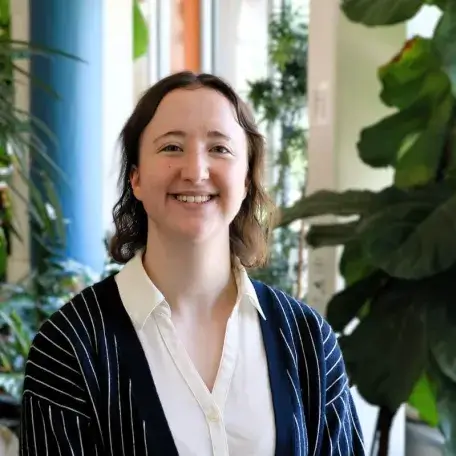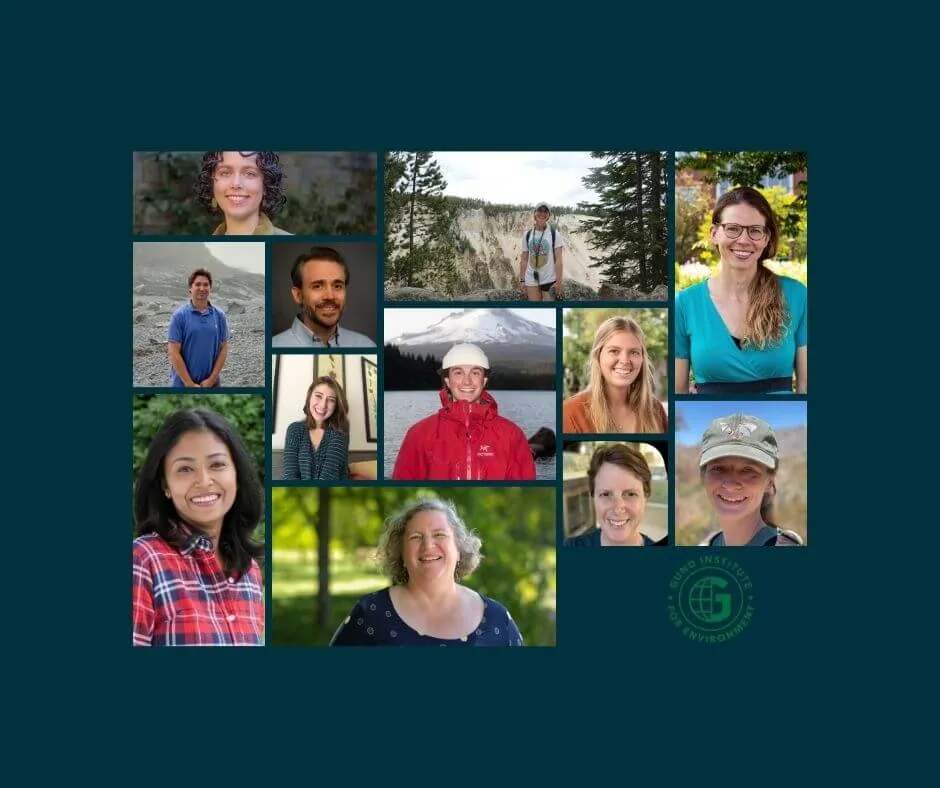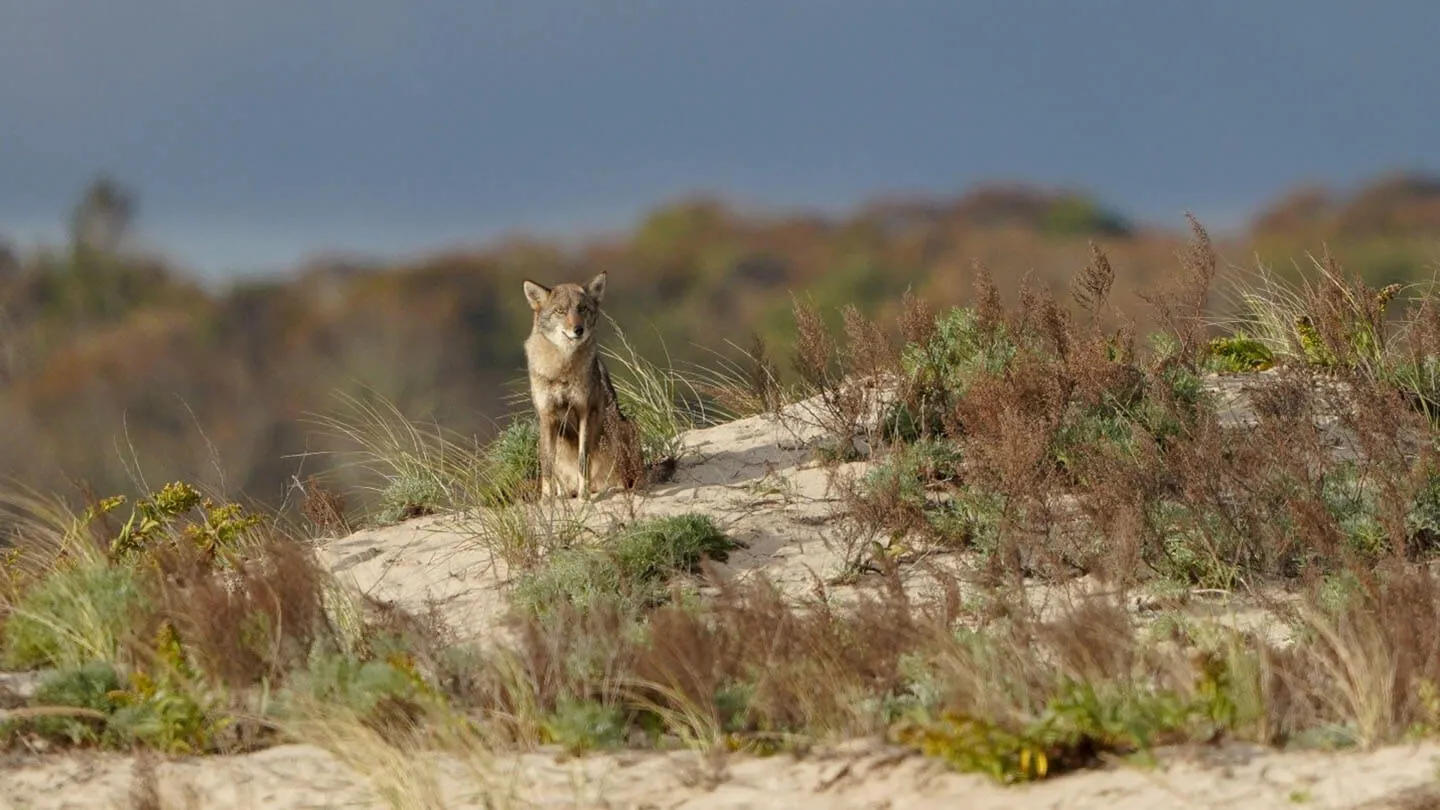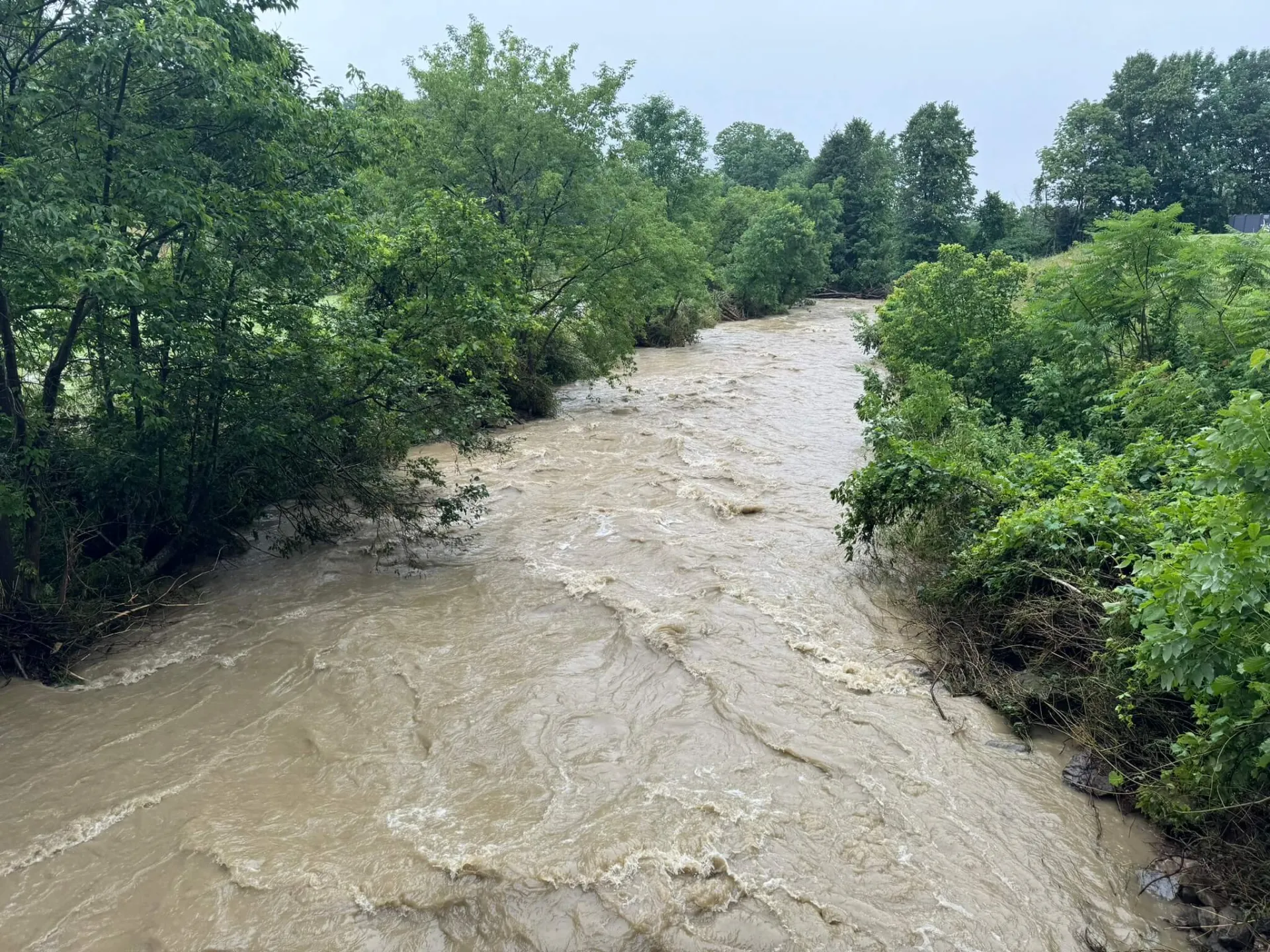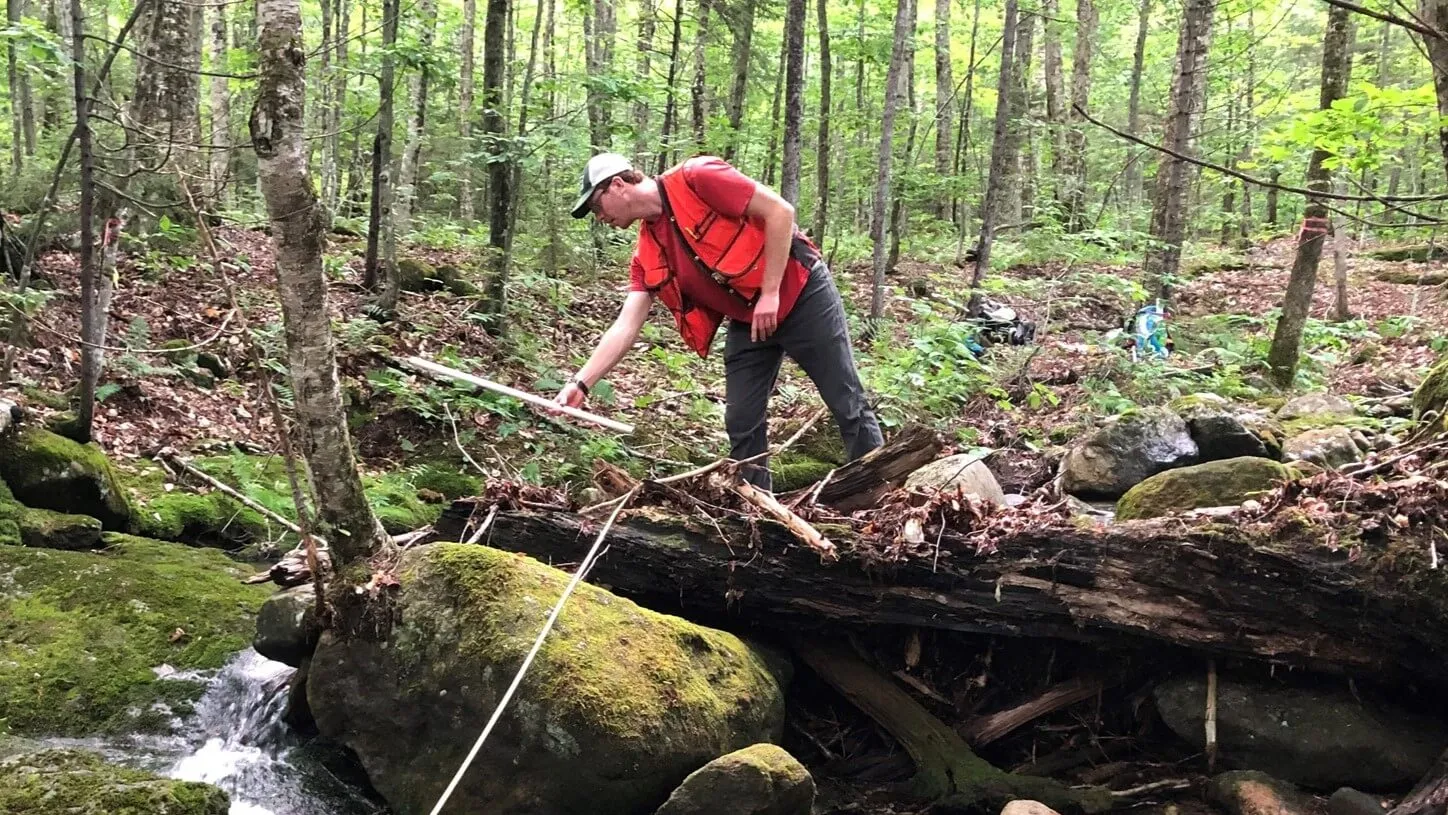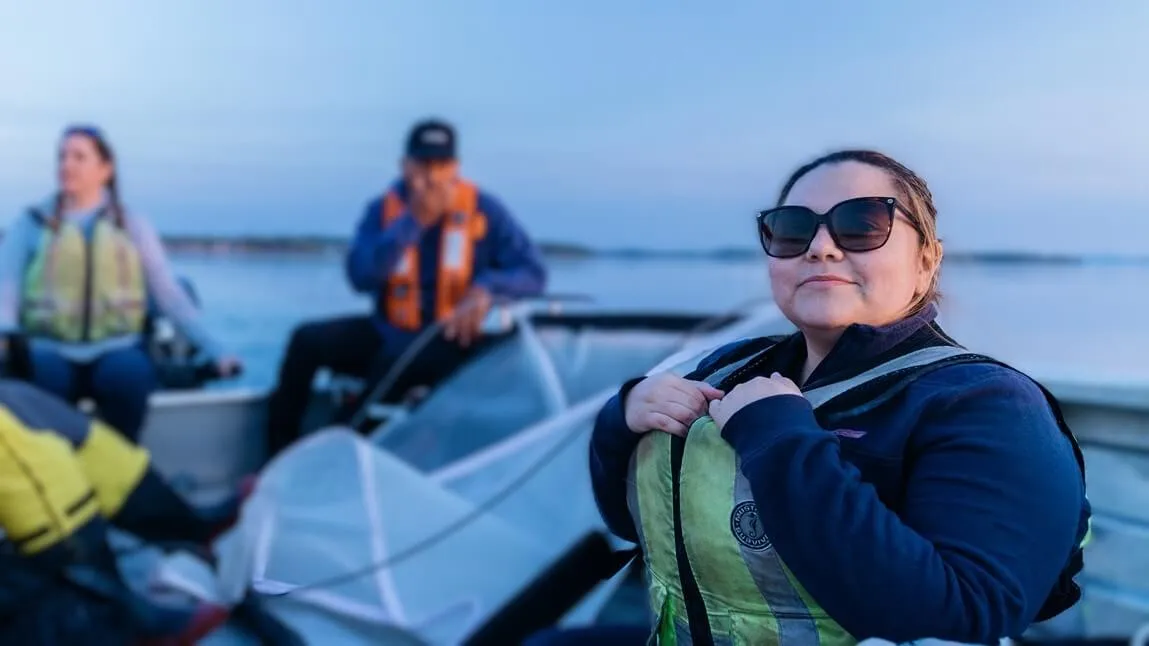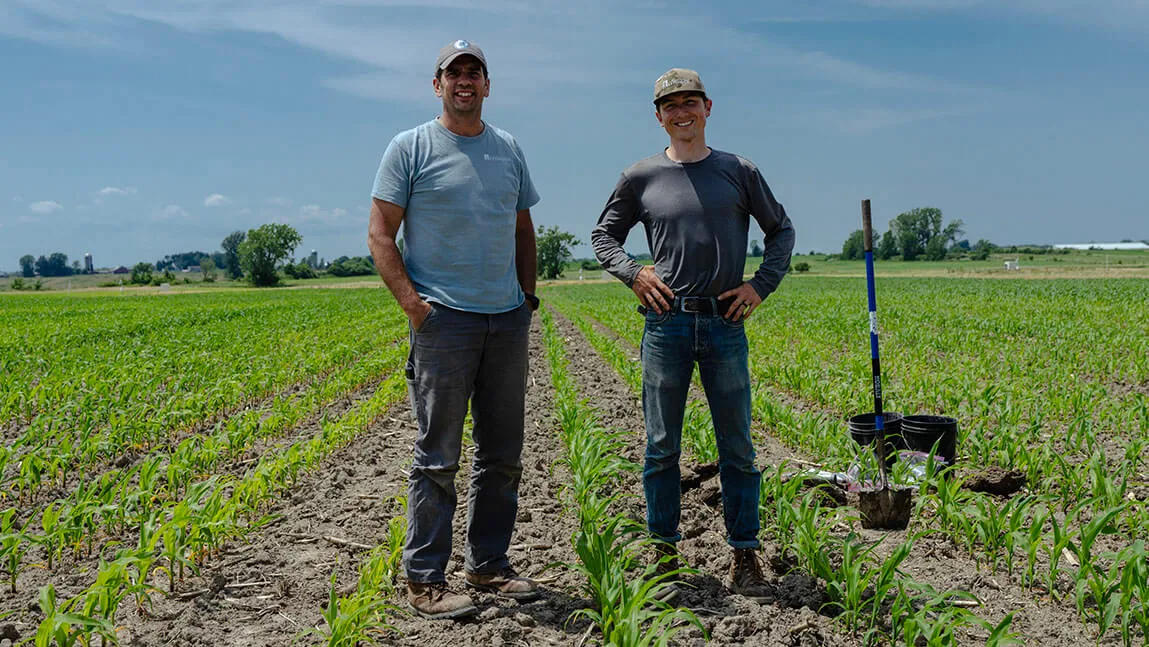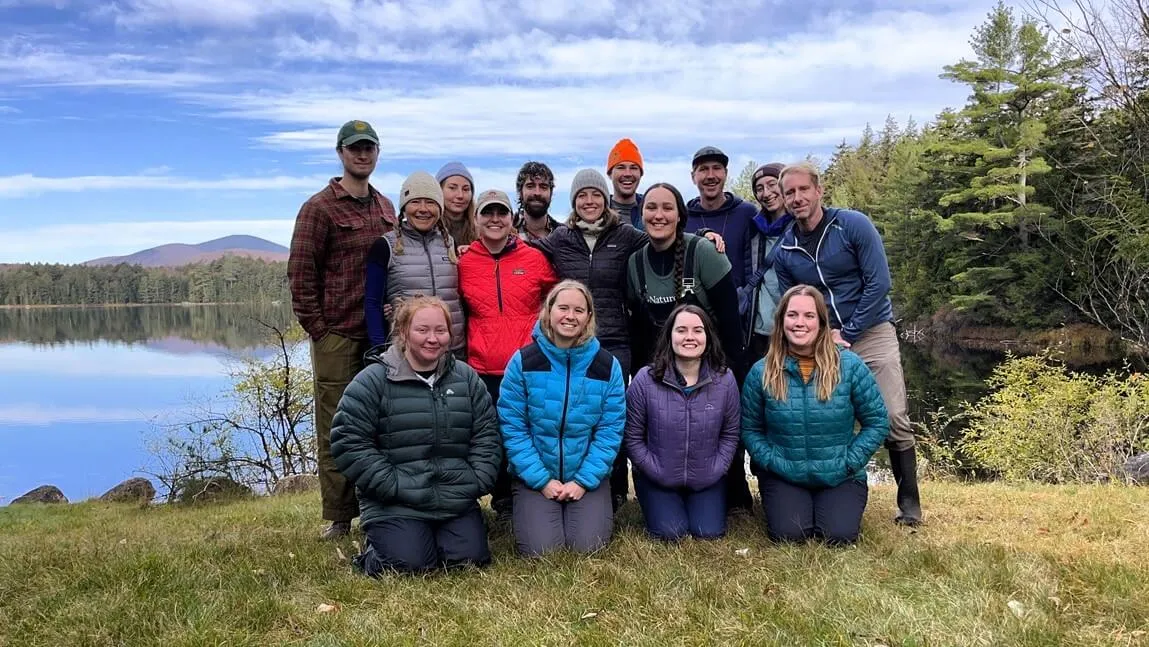Our growing graduate programs are made up of students, faculty, and staff with varied perspectives and backgrounds. Faculty take an integrated approach to their research projects, collaborating locally, nationally, and internationally with researchers and community partners.
Graduate Program Mission and Outcomes
Mission
We seek to cultivate an appreciation and enhanced understanding of ecological and social processes. Our curriculum and research aim to achieve a sustainable human community in harmony with the natural environment. We pursue this goal through synergistic approaches of generating and sharing knowledge. Our students are challenged through their scholarship, to become innovative and accountable leaders. Our emphasis on the integration of natural science and cultural perspectives reflects the interdisciplinary context in which ecosystem management, resource planning, and environmental concerns must be addressed.
Learning Outcomes
All graduate students will:
Design and execute original and ethical research to address fundamental challenges in the environment and natural resources;
Apply mastery of theory and knowledge at an advanced level consistent with the highest standards of their concentration;
Develop skills in oral and written communication to present work and publish in the field;
Engage in practices that support their professional aspirations;
Apply and personalize an analysis of power and privilege in the context of their unique work;
Identify the societal relevance of their unique work as it relates to contemporary social-ecological systems.
Ph.D. students will also:
Develop effective teaching practices and an understanding of pedagogy in higher education.
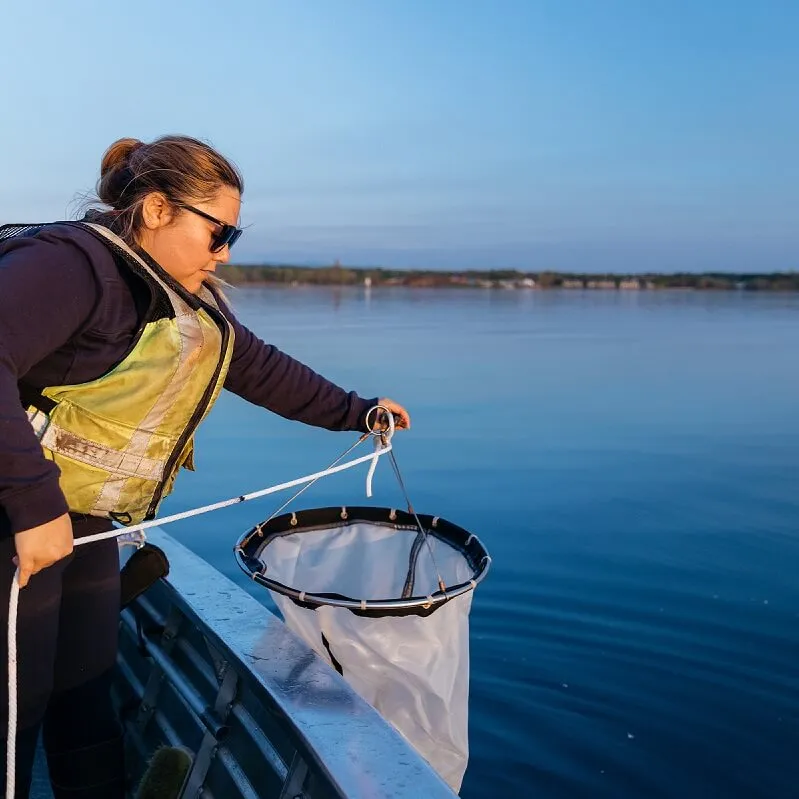
Degrees
The Rubenstein School offers multiple advanced degree pathways that include online and in-person learning options.
M.S. in Natural Resources Ph.D. in Natural Resources M.P.S. in Leadership for Sustainability (distance learning) Ph.D. in Transdisciplinary Leadership and Creativity for Sustainability (distance learning)Additional Degree Options
Accelerated Master's Program in Natural Resources
Accelerated Master's Program (AMP) in Natural Resources is for current UVM undergraduates. Students admitted to the program can receive their Master of Science degree on an accelerated timeline by counting 9 credits in their senior year towards both their bachelor’s and master’s degrees.
Dual Degree in Environmental Law and Policy and Natural Resources
The Master of Environmental Law and Policy (M.E.L.P.)/Masters of Science in Natural Resources (M.S. Natural Resources) Dual Degree Program is offered by Vermont Law & Graduate School's Environmental Law Center and the Rubenstein School. The program allows students to deepen their graduate education by integrating significant aspects of the complementary disciplines of environmental law, policy, and science.
Students interested in the Dual Degree Program are required to apply separately to each school. Admitted students have separate academic advisors in each school.
Certificates of Graduate Study
Ecological Economics Certificate of Graduate Study
The Ecological Economics certificate program is managed by the Rubenstein School and offered through the Gund Institute for Environment. This 15- to 21-credit, problem-based program is available to graduate students and professionals interested in theoretical and practical frameworks for integrating economic and ecological systems in real-world scenarios.
More about the Ecological Economics Certificate of Graduate Study
Education for Sustainability Certificate of Graduate Study
The Education for Sustainability certificate program is based in the College of Education and Social Services and offered in partnership with the Rubenstein School and Shelburne Farms. Coursework is designed for practicing preK-12, post-secondary, and informal educators as well as those working in museum education, outdoor education, parks and recreation activities, and other fields where natural and built environments are part of the curriculum.
More about the Education for Sustainability Certificate of Graduate Study
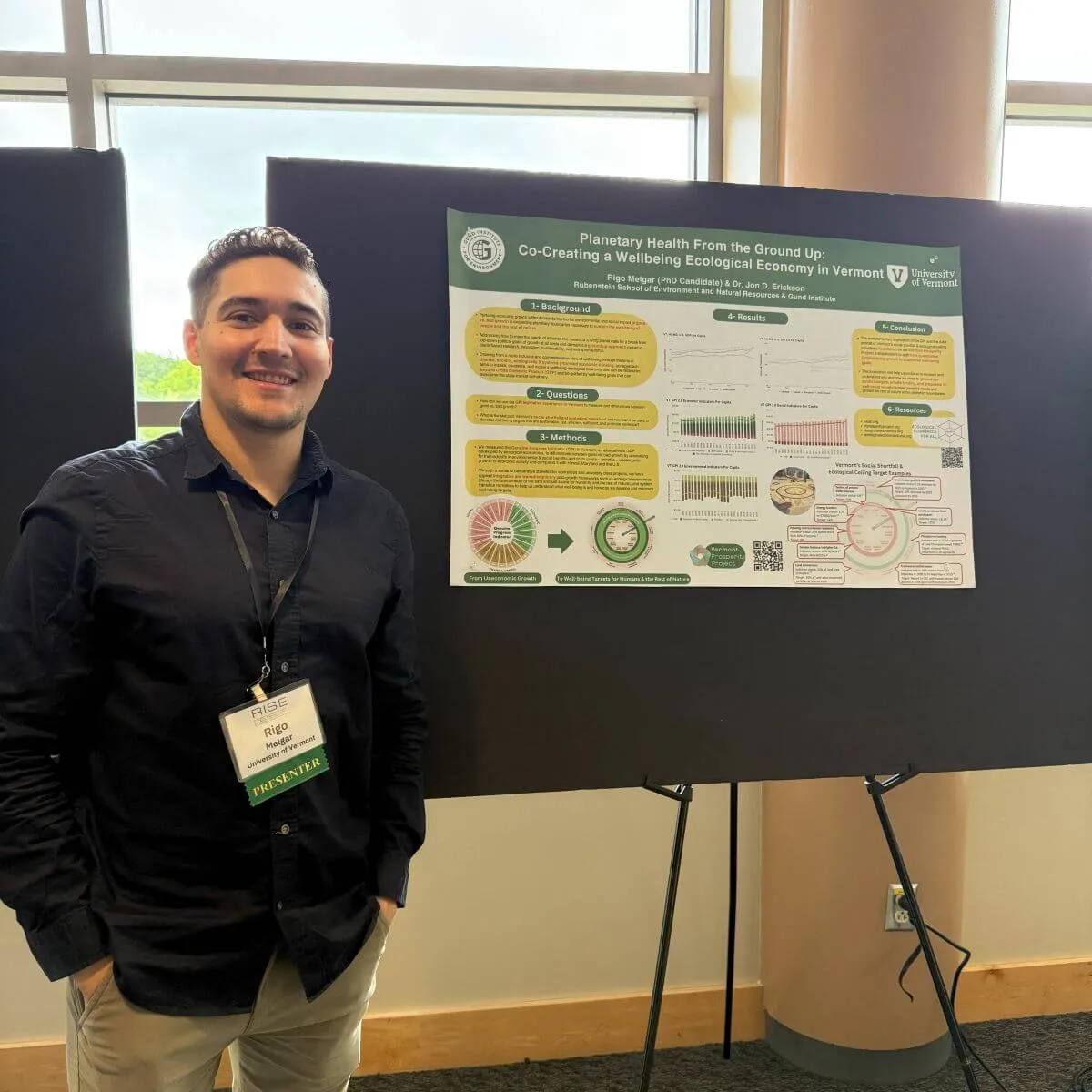
Graduate Student Research Symposium
Each fall M.S. and Ph.D. students present their research to the Rubenstein School community. Non-presenting students act as moderators and provide assistance. The symposium offers students the opportunity to practice their public speaking and science communication skills in a supportive environment.
